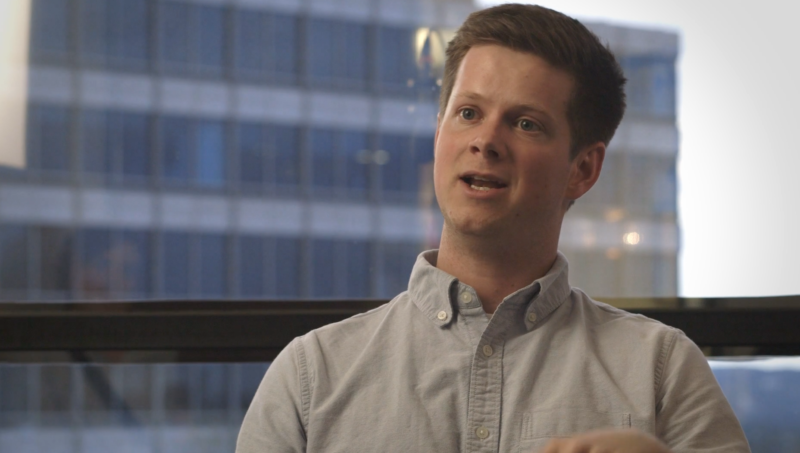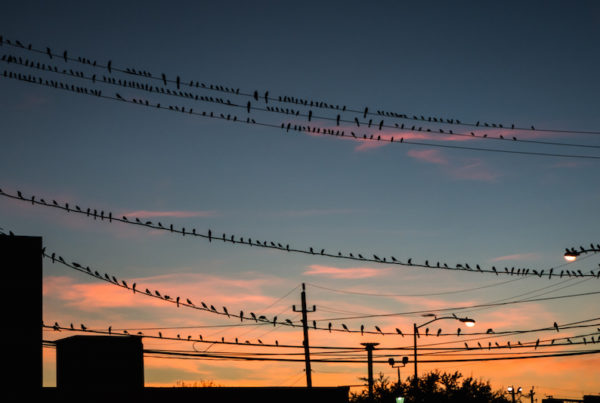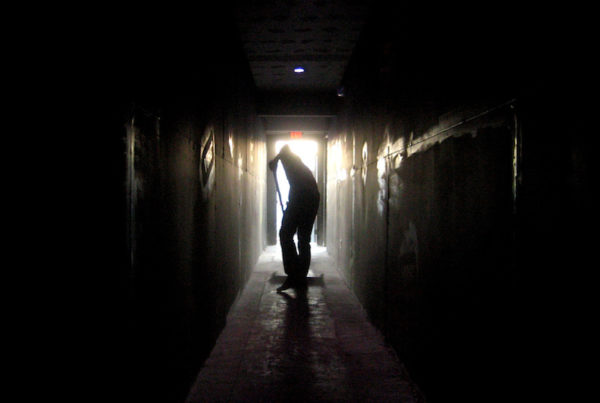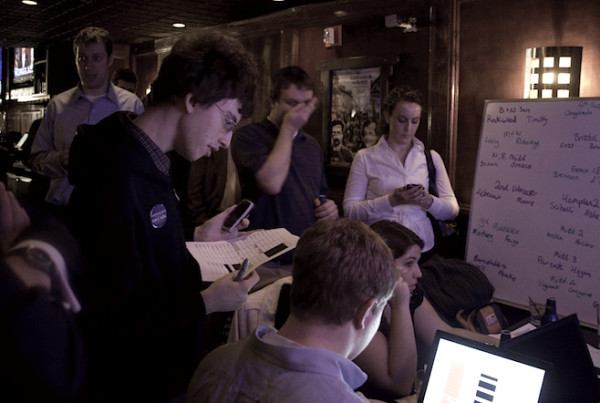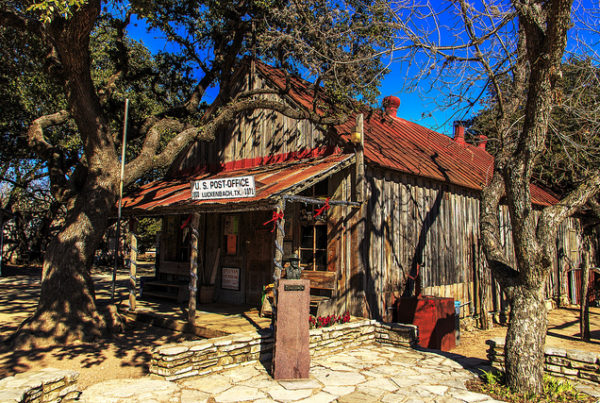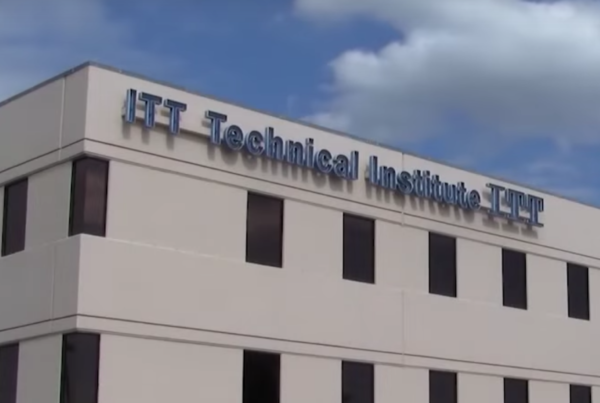What’s the role of public higher education? Are there institutions that by their very nature deserve taxpayer support or should public universities be run more like businesses? It’s a debate that’s been taking shape in the U.S. over the past several decades.
Steve Mims, who teaches film at the University of Texas at Austin, made a documentary that focuses on the center of this debate called “Starving the Beast.”
Producing the film is Violet Crown Cinemas owner Bill Banowsky, who comes from an academic family. His father was president of Pepperdine University and the University of Oklahoma.
So it just may be that Mims and Banowksy were uniquely suited to notice a story about higher education unfolding in dramatic fashion before their eyes – and right here in Texas.
“We were literally picking up the newspaper for a long time,” Mims says, “and reading about what was happening, and it was so unusual because events that were unfolding here in Texas with the Board of Regents here and what happened at Texas A&M were really unusual –like the kind of stuff that you did not read about in the paper.”
So Mims began to track the story on film. As far back as 2011, he followed along as regents at both UT and A&M bristled and guffawed at directions from then-Governor Rick Perry to change things up in higher education.
“To change some of the fundamental ideas about research, about tenure, about how you give people merit raises, about how you rank people based on not how well they taught but how much income they brought into the university,” Mims says.
One main aspect of the issue: whether universities should operate on the assumption that they take tax dollars and give back by creating productive citizens.
“If we invest in our next generation and make them better read, allow them to learn critical thinking, we’re going to be better off as a society,” Banowsky says.
Or whether universities should be accountable on a more practical level – churning out graduates that are ready to work in industries where jobs are available.
The debate is one part philosophical, one part financial.
“The real story of the film is about the gradual shift of the financial burden from the state,” Mims says, “which used to pay about 60 percent of UT’s budget – and this is a national thing – and have decreased it now to about 12 percent.”
That shift over the past 35 years or so means students and their families are now carrying more of the burden.
“We are denying access now with the cost of going to these great public universities,” Banowsky says. “We’re pricing people out of it.”
So what’s the solution to the financial and philosophical challenges facing Texas public universities – and colleges and universities across the country? The filmmakers say they’re not offering one.
“Because it’s complicated – although I think people are going to come away from the film with an idea of what they need to do,” Mims says. “Once you realize the pressures that have been brought to bear on the system for so long.”
“Starving the Beast” is in a limited theatrical release now. It hits theaters in Austin, Dallas, and Houston over the new few weeks.


